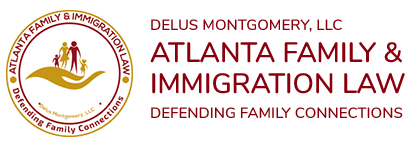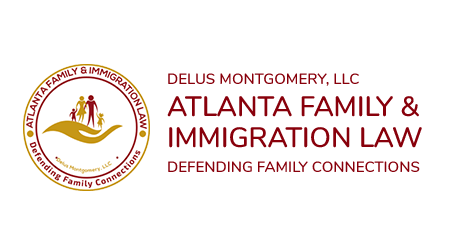5 STEPS TO TAKE AFTER RECEIVING AN EVICTION NOTICE
Receiving an eviction notice can be a traumatic experience — especially if the notice is unexpected. After the initial shock subsides, you may find yourself overwhelmed by feelings of fear, frustration, and worry. The key to handling the situation is to take the eviction notice seriously. To ensure the best possible outcome, it’s wise to seek the guidance of an experienced lawyer who is familiar with Atlanta eviction laws. Below are five steps to take after receiving an eviction notice.
STEP ONE: READ YOUR EVICTION NOTICE CAREFULLY – DO NOT IGNORE IT.
One of the worst mistakes people make is to ignore their eviction notice. While it can be painful to face eviction, you should never throw your notice in the trash or try to pretend you never received it. Instead, open your notice right away and read it. To properly handle the situation, you need to know the reason why your landlord sent you the notice. The reason might differ from your suspicions.
STEP TWO: REMAIN CALM. AVOID AN IMMEDIATE CONFRONTATION.
After you read your eviction notice, you may feel angry and desperate. You may feel like confronting your landlord and demanding answers. While your anger and frustration may be justified, it’s important to avoid any hostile or threatening behavior toward your landlord. Instead, allow yourself to calm down. This will put you in a better position to collect your thoughts and have a productive discussion with your landlord.
STEP THREE: ADDRESS THE ISSUE OUTLINED IN YOUR NOTICE.
There are many reasons why a landlord may decide to move forward with an eviction notice. Your notice should outline the reason(s) why your landlord is choosing to evict you. The most common reasons why landlords issue eviction notices include the following:
- Failure to pay rent
- Health or safety violations
- Illegal use of property
- Violation of pet policies
- Property damage
- Criminal or illegal activity
If you have clearly violated your lease agreement as indicated in your notice, you might be able to avoid eviction by communicating with your landlord and taking immediate steps to correct the violation(s). For example, if you acknowledge that there have been two dogs and a cat living with you for the past year, you can show proof that you have found a new home for the pets and provide evidence that the animals have been relocated.
If you disagree with the information presented in your eviction notice, the best thing to do is reach out to a lawyer right away. Your fast timing is critical, as you only have seven days to respond to the notice.
STEP FOUR: PAY YOUR RENT AND ANY FEES OWED RIGHT AWAY.
“Except as provided in subsection (c) of this Code section, in an action for nonpayment of rent, the tenant shall be allowed to tender to the landlord, within seven days of the day the tenant was served with the summons pursuant to Code Section 44-7-51, all rents allegedly owed plus the cost of the dispossessory warrant.” – Georgia Title Code 44
Failure to pay rent is the top reason why tenants are evicted in Atlanta. If your notice indicates you are being evicted due to failure to pay, you might be able to rectify the situation by paying the amount you owe. Additionally, you may need to pay extra fees to your landlord to stop the eviction process. Be sure to remit payment in full right away and keep a record of your payments and completed transactions.
STEP FIVE: FILE AN ANSWER WITH THE COURTHOUSE WITHIN SEVEN DAYS.
In Georgia, tenants have seven days after the date the eviction notice is issued to deliver a response. This process is sometimes called, “filing a written answer,” and typically involves a trip to the courthouse to respond to the notice. The response should include any steps you have taken to address the notice and may also include any counterclaims related to housing or landlord inadequacies.
HOW CAN A GEORGIA EVICTION LAWYER HELP YOU AVOID BEING EVICTED?
No two eviction scenarios are exactly alike. And Georgia’s eviction laws are not always easy to interpret. Hiring a lawyer with a proven track record of success in helping clients avoid eviction is the best step you can take to prevent your own eviction. In addition to reviewing your eviction notice in conjunction with Georgia law, a skilled lawyer can help in the following ways:
- Ensure that your eviction notice is in line with current Georgia laws
- Communicate with your landlord and the courts on your behalf
- Negotiate an arrangement that is satisfactory to both you and your landlord
- Advocate for your rights if you are being threatened with eviction without good reason
If you received an eviction notice, we encourage you to reach out to us today to discuss your case. We look forward to helping you remain in your home and providing the legal representation you deserve.
Atlanta Family & Immigration Law. All rights reserved.
This website has been built to be accessible for all users. If you experience any difficulty in accessing this website, please contact us for assistance.





